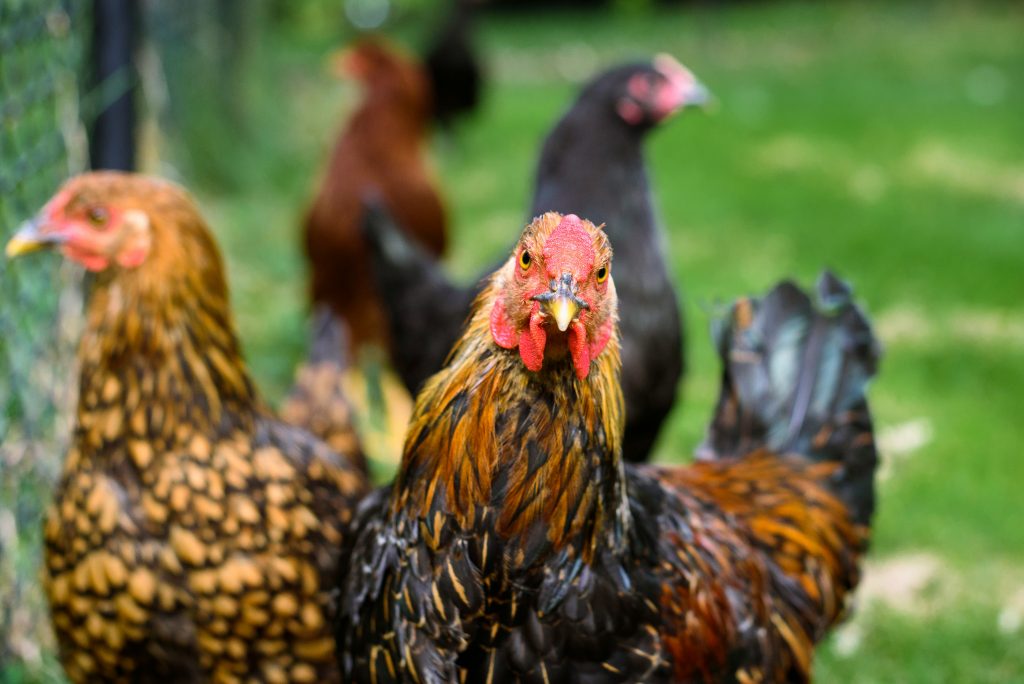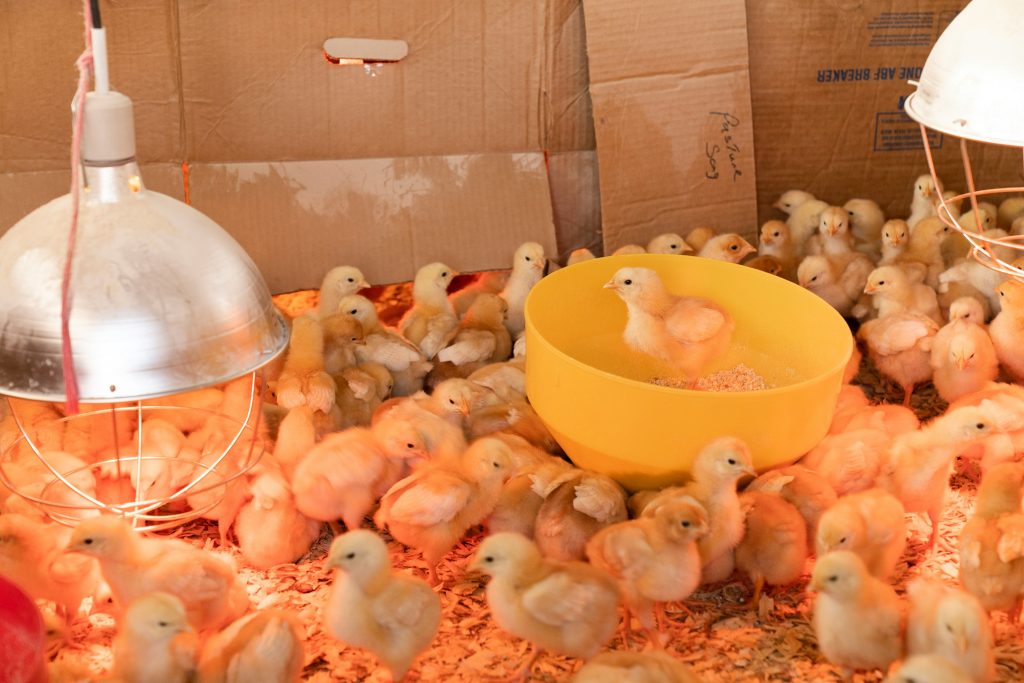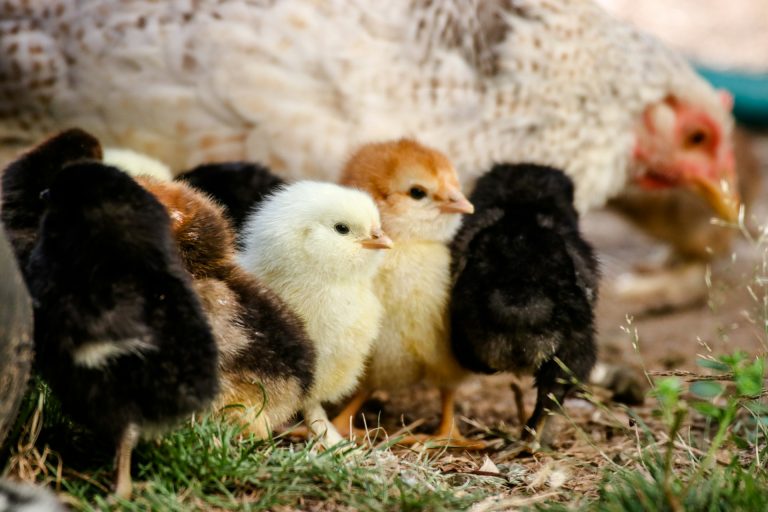Essential Steps for Starting Your Homestead
Are you ready to embark on a journey towards semi-self reliance? Are you eager to get your hands dirty, cultivate your own food, and build a sustainable lifestyle? If so, starting your homestead is the perfect path for you. But before you dive headfirst into this exciting adventure, there are some essential steps you need to take.

In this blog post, we will guide you through the process of setting up your homestead and provide you with tips and tricks along the way.
Define Your Homesteading Goals
- Identify Your Objectives: The first step in starting your homestead is to define your goals. What do you hope to achieve with your homesteading venture? Are you looking to become completely self-reliant or simply want to supplement your grocery shopping with homegrown produce? Take some time to identify your objectives and write them down. This will serve as a guiding light throughout your homesteading journey.
- Set Realistic Expectations: Homesteading is hard work, and it takes time to build the skills and infrastructure necessary for success. Don’t expect everything to fall into place overnight. Start small and gradually expand as you gain experience and confidence.
Plan Your Space
- Assess Your Land: Consider factors such as soil quality, sunlight exposure, water sources, and zoning regulations. Understanding the limitations and potential of your land will help you make informed decisions when planning your homestead layout.
- Start Small: Focus on a few key projects that align with your goals and resources. This allows you to learn and adapt without overwhelming yourself. As you gain experience and knowledge, you can expand and take on more ambitious projects.
Educate Yourself
- Learn Constantly: Homesteading is a continuous learning process. There are countless skills to acquire and knowledge to absorb. Make it a habit to constantly learn about different aspects of homesteading, whether it’s gardening techniques, animal husbandry, or sustainable energy solutions.
- Develop Skills: Take the time to learn hands-on skills such as carpentry, gardening, and animal care. Attend workshops, read books, and connect with experienced homesteaders who can share their wisdom and experiences with you.
Budget and Financial Planning
- Create a Budget: Determine your income sources and expenses and allocate funds accordingly. Keep in mind that starting a homestead requires an initial investment in infrastructure, tools, and animals. Look for sustainable solutions that reduce ongoing costs and minimize waste.

2. Look for Sustainable Solutions: Find ways to reuse materials, barter with neighbors, or sell your produce to offset costs. Explore different avenues to make your homestead financially sustainable in the long run.
Build Your Infrastructure
- Essential Structures: Depending on your goals, you may need a chicken coop, a greenhouse, or storage sheds. Begin by constructing a shelter for any animals you plan to raise. This could be a converted kids playhouse, garden shed or a large barn depending on your needs and budget.
- Energy and Water: Consider renewable energy options such as solar panels or wind turbines to power your homestead. Harvest rainwater or explore well drilling options for a reliable water source.
Grow Your Own Food
- Plan Your Garden: One of the most rewarding aspects of homesteading is growing your own food. Plan your garden carefully, considering factors such as crop rotation, companion planting, and soil fertility. Start with a variety of vegetables that are easy to grow and maintain, such as tomatoes, lettuce, and herbs. As you gain experience, you can experiment with more challenging crops.
- Preserve Your Harvest: Learn different preservation methods such as canning, fermenting, and dehydrating to ensure your produce lasts throughout the year. By growing and preserving your own food, you not only save money but also enjoy the satisfaction of eating fresh and nutritious meals straight from your homestead.
Raise Animals (If Applicable)
- Start with Easy Animals: If you have the space and desire, raising animals can be a valuable addition to your homestead. However, it’s essential to start with easy animals that require minimal care and maintenance. Chickens are a popular choice for beginners due to their low cost, ease of care, and ability to provide eggs and meat.

2. Understand Animal Care: Ensure you are knowledgeable about the care and management of any animals you intend to keep.
Embrace the Homesteading Community
- Connect with Like-Minded Individuals: Homesteading can sometimes feel isolating, especially if you’re starting out alone. That’s why it’s important to connect with like-minded individuals who share your passion for self-sufficiency. Join local homesteading groups or online communities where you can exchange ideas, seek advice, and find support.
- Document Your Journey: Consider sharing your experiences through social media platforms or starting a blog of your own. Not only does this allow you to connect with others but also provides an opportunity to inspire and educate those who are interested in embarking on their own homesteading journeys.
Starting a homestead is a journey of discovery, learning, and connection with nature. It’s a path that requires patience, hard work, and resilience, but the rewards are immense. You’ll grow not just food, but also your skills, knowledge, and a deeper appreciation for the simple things in life. Remember, every big homestead started as a small one, so take that first step and watch your homestead dreams come to life.

